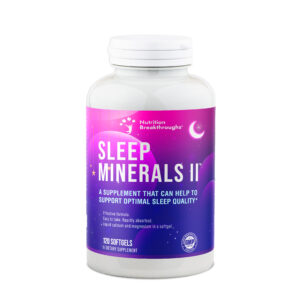 Sleep is such valuable and vital part of life and health.
Sleep is such valuable and vital part of life and health.
Almost six out of ten Americans report having sleeplessness and insomnia at least a few nights a week, according to the National Sleep Foundation.
More and more research is being done that connects the benefits of good sleep to greater well-being, lower disease rates, more happiness, sharper mental capabilities and less fatigue.
A newly completed joint study from the Division of Sleep Disorders at Brigham and Women’s Hospital and the Massachusetts Institute of Technology in Boston has found that 204 college students have been benefited greatly by getting regular, good sleep. These students, who were between the ages of 18 and 25, participated in a 30-day study that measured their sleeping times and duration.
When the students made the transition from irregular sleep patterns to regular sleep during the week, there were measurable, significant improvements in their levels of evening and morning happiness, a higher level of healthiness and better calmness and composure during the week. There was even increased well-being on the day following the week of improved sleep.
The lead author, Akane Sano, PhD, who is a research scientist at the Massachusetts Institute of Technology in Cambridge, said that: “Irregular sleep-wake schedules are common in our modern society. Our results indicate the importance of sleep regularity, in addition to sleep duration, and that regular sleep is associated with improved well-being.”
In another interesting study that was published by the American Academy of Sleep Medicine, professional baseball players increased their hours of sleep over a five night period and then demonstrated significant improvements in mental processing speed. In addition, their tension, fatigue and sleepiness during the day, all decreased by over one-third.
Cheri D. Mah, lead researcher at the University of California San Francisco Human Performance Center said: “Our study indicates that short-term sleep extension of one additional hour for five days resulted in demonstrated benefits for the visual search abilities of athletes, as well as improvement in their quick response.”
“Fatigue over a season can negatively impact performance and sleep extension during periods of high training volumes may be a practical recovery strategy.”
For a nutritional approach to insomnia, the minerals calcium and magnesium have been shown to be effective sleep remedies that can increase the quality of life.
In a study from the University of Medical Sciences in Iran, research was done with 46 adults who were experiencing insomnia. Taking magnesium oxide tablets resulted in significant increases in sleep time and reduced the cortisol levels in their bodies, which is a stress hormone that can keep people awake.
In another research study from the Human Nutrition Research Center of the U.S. Dept. of Agriculture, scientists found that a high magnesium diet is associated with deeper, less interrupted sleep. Foods high in magnesium include green leafy vegetables, black beans, pumpkin seeds, almonds, avocados, figs, bananas, brown rice, and nuts and seeds.
One supplement with highly absorbable forms of magnesium and calcium is Sleep Minerals II from Nutrition Breakthroughs. These are the most well researched minerals for insomnia and waking during the night, as well as for heart health, aches and pains, bone strength and menopause insomnia.
Sleep Minerals II includes vitamin D and zinc and is delivered in a softgel form with healthy carrier oils, making it more quickly absorbable than tablets or capsules. This provides a deeper, longer-lasting sleep.
L.R.C. of Massachusetts says: “I had become dependent on sleeping drugs and couldn’t sleep without them. Now I take the Sleep Minerals before bed and I can sleep through the night without drugs. I’m also able to easily fall back to sleep if I do have to get up. Another benefit is it helps alleviate my chronic fatigue and aches and pains.”
The benefits of achieving better sleep are appearing in countless research studies and the energy invested in obtaining it is well worth the effort. For more information, visit the Sleep Minerals II page.











